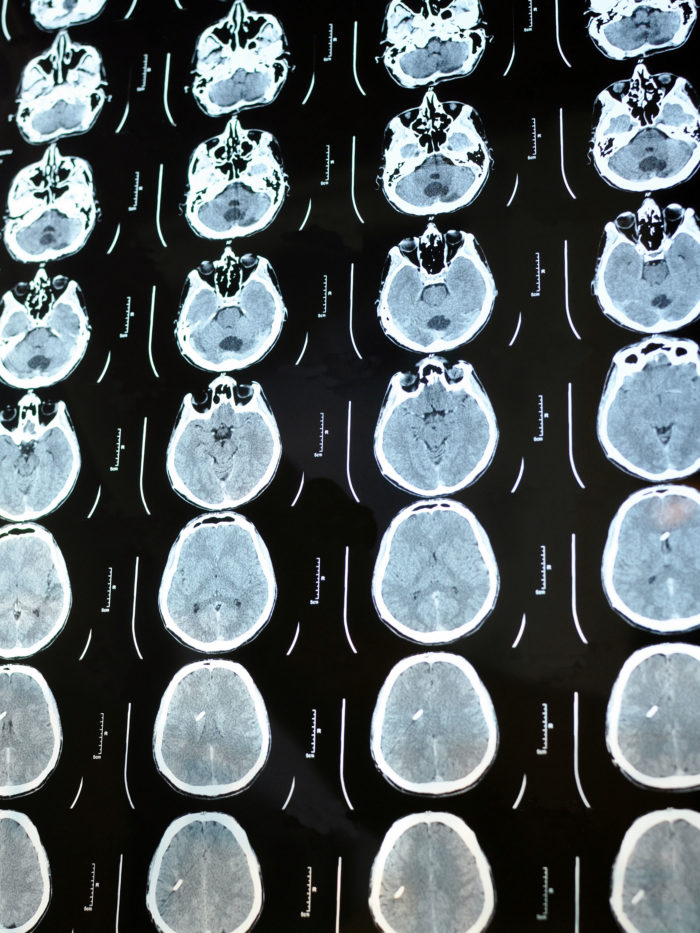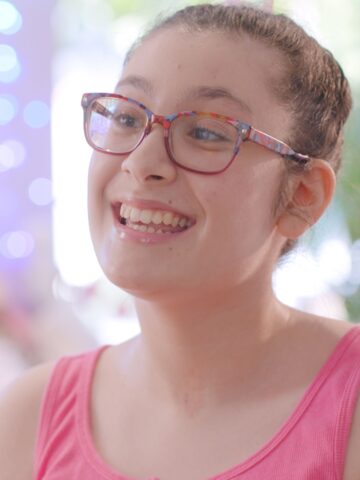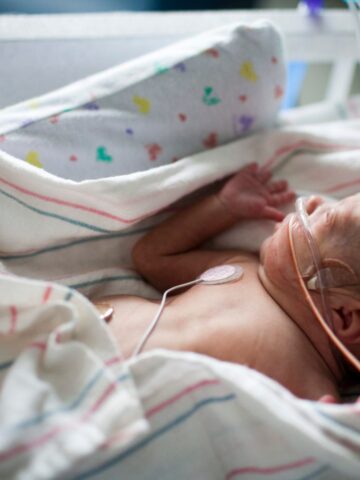Children’s Hospital of Orange County (CHOC) is producing leading-edge research on pediatric sleep-related disorders, including the use of home sleep apnea testing and behavioral sleep training for children with autism spectrum disorder.
NIH-funded study to evaluate home sleep apnea testing
Dr. Anjalee Galion, director of pediatric sleep neurology and associate director of CHOC’s Comprehensive Sleep Program, has long been curious about the role of the sleep study in diagnosing obstructive sleep apnea (OSA), especially in terms of the setting of the study. She co-authored the 2017 American Academy of Sleep Medicine (AASM) Position Paper for the Use of a Home Sleep Apnea Test for the Diagnosis of OSA in Children.
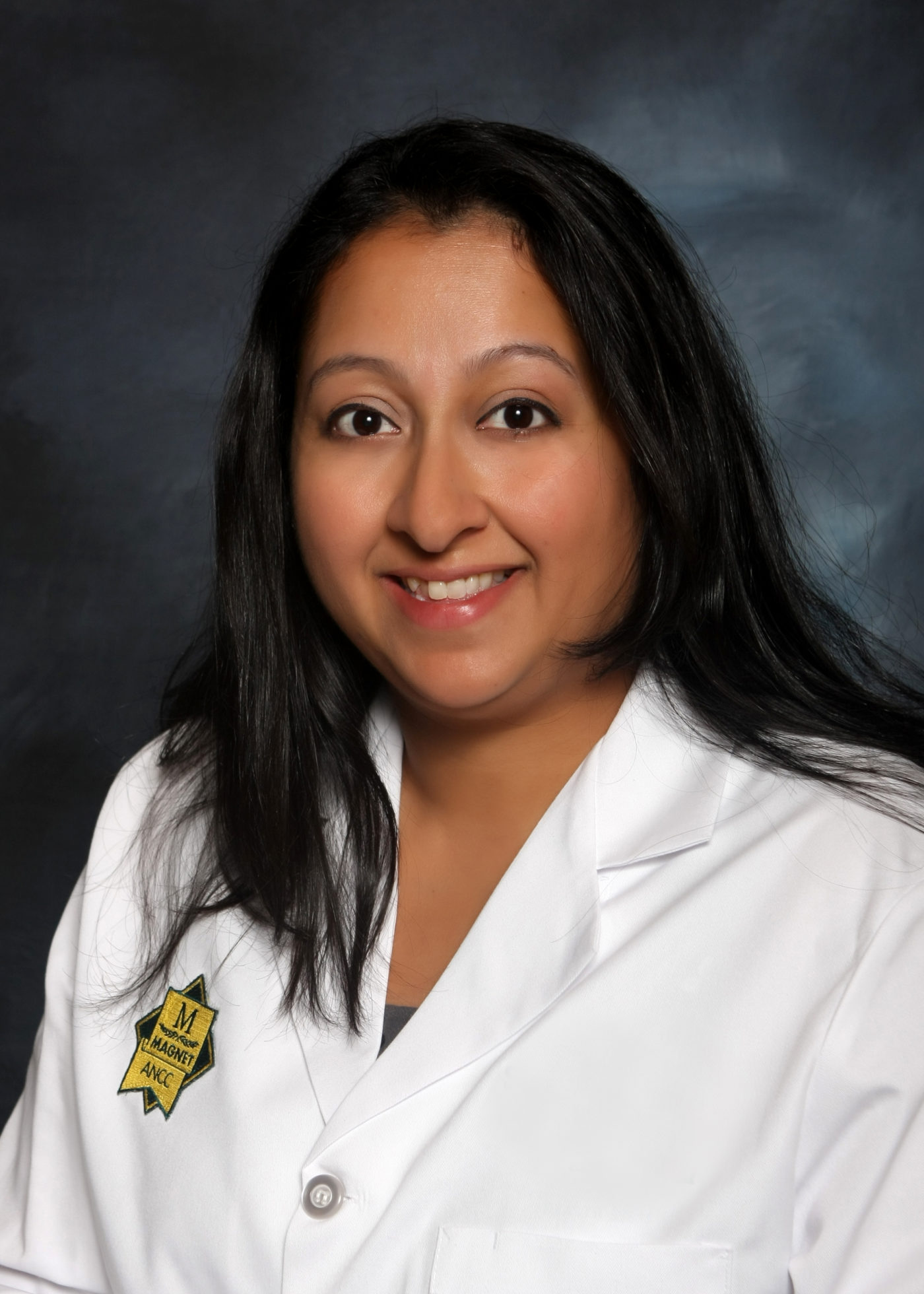
At the time of the position statement, the AASM judged that home sleep studies were not recommended in the diagnosis of OSA in children younger than 18. The main factors underlying this determination were a lack of sufficient validation of sleep studies in the home and inadequate monitoring capability of devices used to conduct polysomnography, especially EEG monitoring for arousal and CO2 monitoring for hypoventilation.
This position statement, however, came with recommendations for future studies and a list of criteria to be met that might allow select children to benefit from home sleep studies. CHOC, along with other major children’s institutions around the country, is exploring these avenues. Some studies involve head-to-head comparisons of diagnoses and therapeutic decisions for children who undergo both in-lab polysomnography and home sleep apnea testing. Others involve validation of specific home sleep apnea tests.
CHOC is also currently one of four children’s hospitals in the U.S. chosen to be a part of a National Institutes of Health (NIH)-funded study to further evaluate if home sleep apnea testing can be used in children.
For now, CHOC encourages children to have sleep studies in a lab-attended setting so their sleep issues can be identified and treated.
“Our multidisciplinary approach to sleep allows for our technologists to get a great education from our specialists and diagnose children who may not tolerate a sleep study at another facility not designed or specializing in children with unique medical and behavioral needs,” says Dr. Galion.
Research into behavioral sleep training
In addition to home sleep apnea testing, CHOC takes part in research about how to best help families provide behavioral support for healthy sleep in children.
“We have participated in research and published online learning resources for behavioral sleep training for families who might not have access to a sleep specialist,” Dr. Galion says.
Behavioral sleep training is especially important for children who have autism spectrum disorder (ASD), as up to 80% of children with autism also experience sleep disturbances. Dr. Galion is an author of the forthcoming Updated Practice Parameter for Autism and Sleep.
Dr. Galion also co-authored a study of an online platform to provide an intervention for families of children with co-occurring ASD and sleep disorders. The study, published in the Journal of Clinical and Translational Science, not only evaluated the intervention, but also demonstrated the feasibility of using an online platform to help families access and participate in research studies that might prove beneficial.
“Our study demonstrates the feasibility of using online research delivery platforms to support studies in ASD, and more broadly, pediatric clinical and translational research,” the authors wrote. “Online platforms may increase participant inclusion in enrollment and increase convenience and safety for participants and study personnel.”
Translating sleep research into wider patient care
From home sleep studies to behavioral sleep training for families, CHOC performs research that takes a whole-family—even whole-environment—approach to children’s sleep disorders. For example, the online research platforms study recognizes that it may be hard for all families to benefit from research studies in conventional ways. Similarly, investigation into behavioral sleep training for families is contextualized by the recognition that not all families can access a sleep specialist. And finding ways to validate home sleep studies means offering this useful tool to a wider range of families.
“At CHOC, we’re always trying to do better,” Dr. Galion says. “There is so much energy around this organization. I think we have a unique perspective that allows us not to just diagnose but also to treat and manage patients in a way that many others cannot. Everyone at CHOC is committed to the highest level of clinical care; as a result, we have grown both in size and in our reputation as pioneers in the field. That makes me proud to work at CHOC every day.”
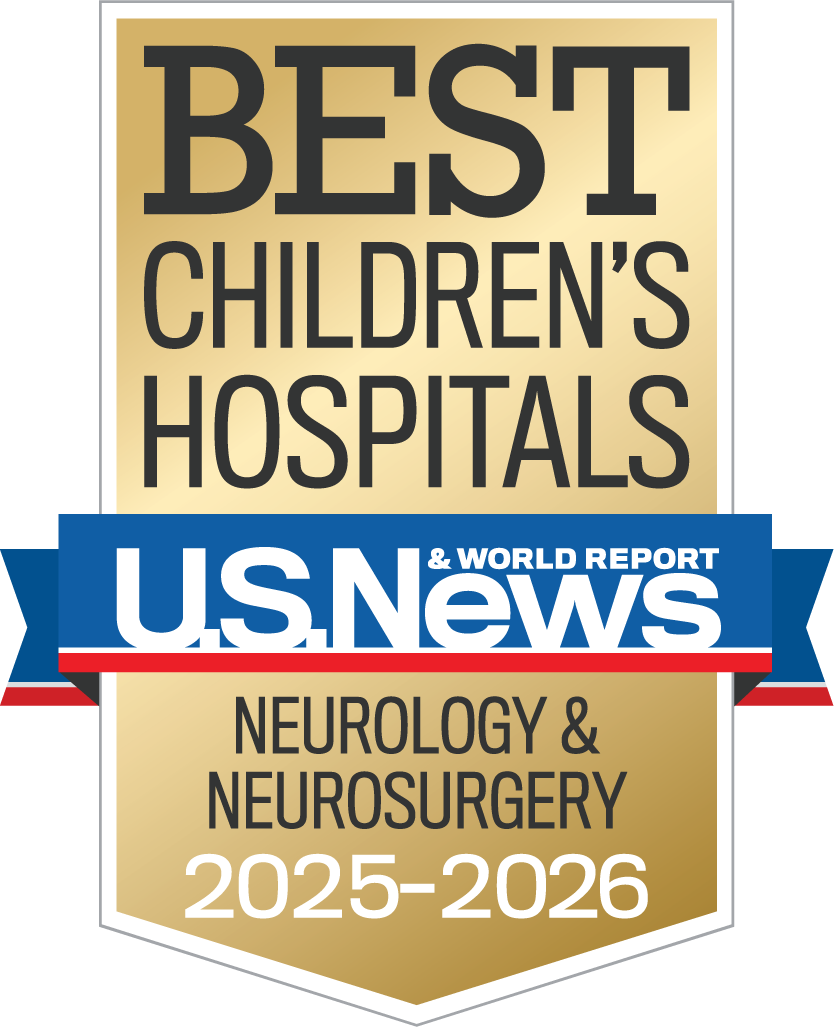
CHOC Hospital was named one of the nation’s best children’s hospitals by U.S. News & World Report in its 2025-26 Best Children’s Hospitals rankings and ranked in the neurology/neurosurgery specialty.

